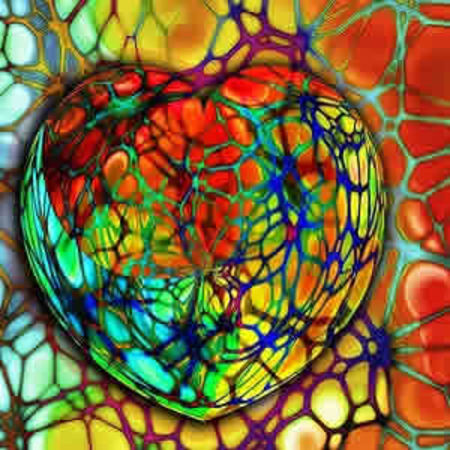The monoclonal antibody bevacizumab effectively inhibits angiogenesis in several types of cancers by blocking vascular endothelial growth factor. However, a new analysis reveals that treatment with bevacizumab increases the risk of arterial adverse events, particularly cardiac and cerebral ischaemia, venous adverse events, bleeding, and arterial hypertension.
"This risk is additionally increased with high doses of bevacizumab. Further studies should determine the appropriate options for cardio-oncology management," according to the study published in the Journal of the American Heart Association.
Currently, bevacizumab is approved by the European Medicines Agency for the treatment of colorectal carcinoma; breast cancer; non-small cell lung cancer; renal cell cancer; ovarian, fallopian tube, or primary peritoneal cancer; and carcinoma of the cervix. Also, the U.S. Food and Drug Administration has approved bevacizumab for the treatment of glioblastoma.
There is a rapidly growing body of evidence demonstrating the efficacy of bevacizumab in prolonging survival by decreasing tumour growth and improving the delivery of cytotoxic drugs to neoplastic cells. However, randomised controlled trials (RCTs) have reported cardiovascular adverse events that are not fully characterised. Given that the overall rate and risk of cardiac and cerebral ischaemia, arterial and venous adverse events, and bleeding events are not known, researchers performed a meta-analysis of published RCTs of patients treated with or without bevacizumab in addition to standard chemotherapy.
A total of 20,050 patients with a broad range of cancer types from 22 studies were included in this analysis (10,394 in the bevacizumab group and 9,656 in the control group). The researchers found that the risks of arterial and venous adverse events were higher in the bevacizumab groups, and that more arterial adverse events occurred in patients taking high-dose bevacizumab regimens. Bevacizumab treatment was associated with the highest risk of cardiac and cerebral ischaemia in the high-dose bevacizumab groups. In addition, the risk of bleeding and arterial hypertension were higher in the bevacizumab groups, with higher values for patients taking high-dose regimens.
These findings are similar to other analyses, but the small number of comparative studies, their small size, and the reporting modality make the comparison between dose regimens difficult, the researchers noted. "It would be of importance to establish the ideal bevacizumab dose that would have antitumoural effects without causing cardiovascular adverse events."
In vitro studies have shown that lower doses are sufficient to induce vascular normalisation and that higher doses are necessary to obtain a direct cytotoxic effect. However, higher doses could generate additional unfavourable conditions, particularly hypoxia, that increase the incidence of adverse events. "As a consequence, the actual data do not have sufficient power to indicate the ideal bevacizumab dosage or an algorithm of dose reduction in patients with cancer at risk for cardiovascular disease," the researchers wrote.
Source: Journal of the American Heart Association
Image Credit: Pixabay
Latest Articles
bevacizumab, angiogenesis, cerebral ischaemia, arterial hypertension
The monoclonal antibody bevacizumab effectively inhibits angiogenesis in several types of cancers by blocking vascular endothelial growth factor. However, a new analysis reveals that treatment with bevacizumab increases the risk of arterial adverse events

























